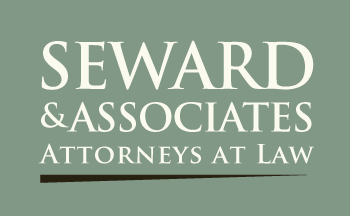While the economic turmoil of the past few years made investors more aware of the pitfalls they may face when trying to build a secure financial future, few consider how their real estate holdings may be affected by a little-understood law called eminent domain. Asset protection strategies should not focus solely on the volatility of financial markets. Real estate value could be put at risk by government decisions that decrease the value of your land, but you may have recourse.The government has the power to take your property for public purposes. This is called eminent domain. Typically, when a government entity needs property for public purposes, it brings a condemnation action resulting in compensation to the landowner for the property taken. This usually occurs when the government widens a road, builds a bridge, expands to accommodate growth, or physically invades private property in any way. However, the government may take your property without actual physical invasion, and you may be entitled to compensation. The phrase “inverse condemnation” is a procedural term. It simply means that instead of a governmental entity bringing a condemnation action as plaintiff, a landowner comes forward as plaintiff, alleging that the governmental entity has done something that de facto causes a taking. In other words, the parties are ‘inverse’ or reversed from their usual positions in eminent domain.
Some examples of government activity that may cause a taking of private property are:
- operating a facility that causes a nuisance to surrounding landowners—if a government facility is excessively noisy, dusty, or causing pollution of a stream or waterway;
- causing private property to lose street access—if a government entity blocks street access to your property;
- causing private property to lose riparian rights—if a government entity causes the water level to change (increase or decrease), or in any way prevents you from using the water;
- causing private property to lose lateral or subjacent support—if a government entity is digging near or tunneling under you land; or
- interference with covenants or easements—if a government entity builds near your land and in some way restricts your previously enjoyed light, air, or view;
- passing legislation that severely restricts use—if a government entity passes a new zoning regulation that changes your plans to use your property.
If you have experienced any of the examples mentioned above, you may be entitled to compensation. Keep in mind that the above list is only meant to be a tool for you to start considering how to protect your assets. The government can affect the value of your property in more ways than are mentioned in this article, and you may be entitled to compensation. If you think that the government has affected the use and enjoyment of your property, you should seek legal advice to determine your rights to compensation.
Jason Wolcott is a contributing author to this blog and has served as an intern for the Law Offices of Richard D. Seward. Jason has been admitted to practice law as a Rule 9 Legal Intern in Washington State and is a February 2011 applicant of the Washington State Bar.
